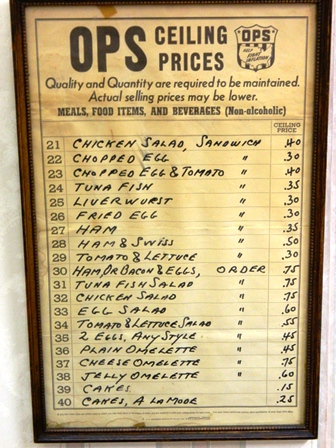
"People who like this sort of thing will find this the sort of thing they like." (Lincoln)
| |
| life sex death
body politics in comparative perspective |
||||||||||||||||||
|
Rules
posted at Lexington Candy Shop, Lexington at 83rd, NYC This is a (perhaps atypical) research seminar in which all of us will collaborate to explore patterns of policy and policymaking with respect to government regulations of the body. Each student will take one from a good but limited list of countries to study body politics. Each student will write reports on four policy questions--divorce, contraception and abortion, homosexuaity and same-sex marriage, and recreational drug use. A fifth report, prepared first to provide foundational material for the four policy reports, will be devoted to profiling the selected country in terms of its cultural traditions, social and economic structure and trends, and constitutional and political dynamics. The final piece of writing, less a report than a political foreast, will involve making a projection as to the prospects for policy on assisted suicide. Each of these six reports is worth 10% toward the course grade.
There is a limited amount of common reading (see the schedule).To promote good and timely reading of the material so as to improve the seminar experience, there will be a good number of reading checks when students will be asked to respond to a question of relevance to the session's discussion. The reading checks, taken together, are worth 25% of the course grade. Students who are absent, or late, will be assigned a zero for the given check. The balance of the course grade, 15%, is based on the quality of the student's contributions to the seminar. A large part of this is based on the quality of participation in seminar discussions, but some part of the evaluation is based on students' teamwork orientation (manifested by such things as sharing information on sources and data and offering insightful and productive comments on their colleagues' work). To summarize--
At various points in this class, we will make use of Blackboard, a web classroom. Announcements, beyond the basic course information, will be posted there, and we will likely engage in some conversations using its Discussion Board feature, in particular to articulate and resolve problems (analytical, operational) you may have at one point or another. When you enroll in this course, once you have activated your digital ID, you are automatically registered for its Blackboard component. On occasion, I may post announcements or some materials with which I want you to be familiar for the next class. You are responsible for being aware of any postings I make to Blackboard at least twenty four hours prior to class. This means you should check Blackboard sometime after 4 pm Sunday (Tuesday) for the Monday (Wednesday) class. Students are expected to submit work no later than the specified due date. Work submitted late will be accepted at the instructor's discretion and may well result in penalties. The grading scale is the normal one: 90 or better = A, 80 to 89 = B, 70-79 = C, 60-69 = D, and below 60 = F. Documentation: In your research project, in your essays, and in Blackboard exchanges and at all other times, you will have many occasions to reference information. Giving credit to sources is important, not only as a matter of academic responsibility (recall the department’s plagiarism policy), but also to allow others to assure themselves of the meaning and accuracy of assertions. The rule is, too much documentation is better than too little, and this includes information pulled from textbooks as well as from sources you unearth. Documentation is especially important in the case of information drawn from the web, where there are an unimaginable number of pages, a wealth of riches but potentially also of counterfeit. Students in this class may use whatever citation protocol they like so long as they do so consistently and at appropriate detail (this means, for specific information, specific page numbers); because webpages are so malleable, one should indicate the date information was accessed. Inclement Weather Policy: Information on campus closure can be found on the ASU web page, KASU, and local radio and television stations. If inclement weather prevents you from being able to come to class and campus is not closed, please call me at 870.972.2147 ..
About the Lexington Candy Shop
|
 |

